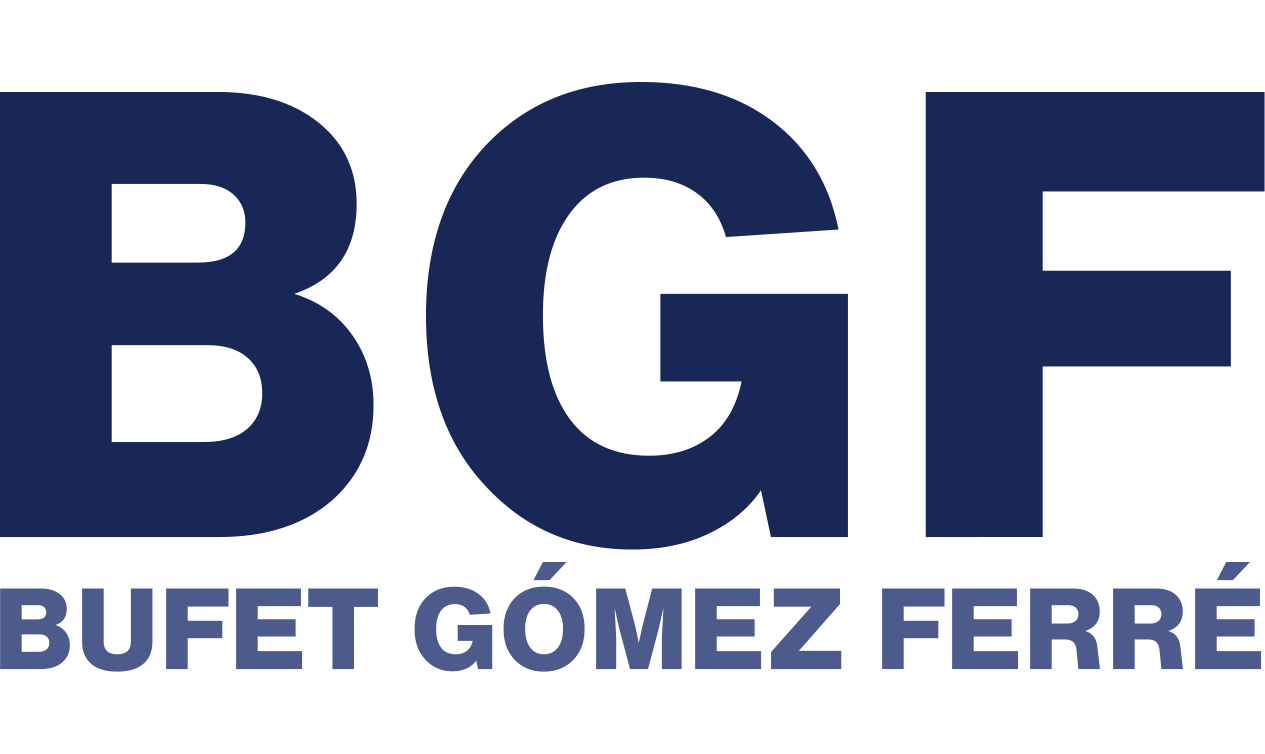
The IRPH (Mortgage Loan Reference Index) is an indicator used in Spain to calculate the interest on certain mortgages. Although less known than the Euribor, it has been widely used by banks, and its application has sparked controversy due to differences in mortgage payments. The IRPH is generally higher than other indices, leading many affected borrowers to consider its use unfair.
As specialist banking debt lawyers in Barcelona, we clarify your doubts about what IRPH is, how to know if it is abusive, and what legal actions you can take to claim if you believe you have been unfairly affected.
What is the IRPH? Difference between IRPH and Euribor
The IRPH is an interest rate used in Spain as a reference to calculate the payments of certain mortgages. This index is calculated from the average interest rates on mortgage loans granted by credit institutions in Spain. In contrast, the Euribor reflects the average interest rates in interbank market transactions within the eurozone.
The main difference between IRPH and Euribor lies in their calculation method and their impact on mortgage payments. Unlike the Euribor, which is the most common index for variable-rate mortgages, the IRPH tends to be more stable but generally higher, meaning that mortgages indexed to the IRPH often have higher payments than those linked to the Euribor. This difference has led to criticism of the IRPH, as some consumers consider it to be non-transparent and accuse banks of using it unfairly by not providing adequate information about its risks and benefiting from its application.
For those who have taken out a mortgage indexed to the IRPH and believe they are paying more than they should, we recommend considering the differences and learning about the possible legal options for claiming.
How does IRPH affect mortgage payments?
The impact of IRPH on mortgage payments can be considerable. Borrowers with mortgages referenced to IRPH typically pay higher payments compared to those whose mortgages are linked to the Euribor.
IRPH directly affects the total cost of the mortgage credit. While the difference between IRPH and Euribor may seem minimal during some periods, over the long term, it can mean thousands of euros in additional interest payments, as the calculation of IRPH includes commissions and additional costs that banks apply to their mortgages. This practice tends to artificially inflate this index compared to others, even in periods of low-interest rates, and mortgages with IRPH can maintain relatively high payments.
In which cases is IRPH abusive?
The issue of whether IRPH is abusive has been the subject of intense judicial debate. Until 2022, IRPH was not considered abusive per se, even in cases of lack of transparency by the bank. This implies that, in principle, one cannot claim the elimination of IRPH solely on the basis that the bank did not explain in detail how this index is calculated, its historical evolution, or its tendency to quote higher than Euribor.
However, the legal situation has evolved, and in July 2023, the Court of Justice of the European Union (CJEU) ruled that the lack of information regarding the recommendation from the Bank of Spain to apply a negative differential alongside IRPH “seems to be useful” for those affected and considers that not providing this information could constitute a lack of transparency, although it leaves the final decision to the Spanish courts. Currently, a new ruling from the Supreme Court is awaited to interpret the judgment of the European Court.
In the meantime, there are specific situations where IRPH could be considered abusive:
While these factors could be considered a lack of transparency, the final determination of whether IRPH is abusive in a specific case will depend on the interpretation of the Spanish courts and, ultimately, the Supreme Court.
How can I find out if my mortgage has IRPH?
To determine if your mortgage is linked to IRPH, you should review the deed of your mortgage loan.
This document, which you signed when formalizing the mortgage, contains all the terms of the loan, including the reference index used to calculate the interest. Look for the section detailing the financial conditions of the loan, especially in the part regarding the applicable interest rate.
If you find references to the “Índice de Referencia de Préstamos Hipotecarios” or simply “IRPH,” then your mortgage is linked to this index. If you have any doubts or need a more detailed review, you can consult a lawyer specialized in banking law, who can provide advice to clarify any questions about your mortgage contract.
When can IRPH be claimed?
Claiming IRPH is possible under certain circumstances, taking into account the above and especially if it can be demonstrated that the bank acted abusively. In many cases, those affected have successfully removed IRPH from their mortgages, replacing it with Euribor or another more favorable index, through direct negotiation with the bank or by filing a legal claim.
The following outlines the procedure for making a claim:
- 1. Review of the mortgage contract
The first step is to analyze the mortgage contract with a banking law attorney to identify possible irregularities in the application of IRPH.
- 2. Extrajudicial claim
Before going to court, it is recommended to file a claim directly with the bank, outlining the reasons why the application of IRPH is considered abusive.
- 3. Judicial claim
If the bank does not respond to the extrajudicial claim or rejects it, a legal process can be initiated. Here, a lawyer can assist in filing the claim and arguing the case in court.
- 4. Ruling
If the court rules in favor of the client, the nullification of the IRPH clause can be obtained along with a refund of the excess interest paid.
Frequently Asked Questions (FAQ)
Can I claim if my mortgage has IRPH?
Yes, it is possible to claim if your mortgage has IRPH, in the previously mentioned cases, if it can be demonstrated that IRPH was used abusively.
The possibility of claiming has been strengthened by various rulings from the Court of Justice of the European Union, which have established criteria for determining when the application of IRPH can be considered abusive. To assess whether you have grounds for a claim, it is advisable to have a prior consultation with lawyers specializing in banking law.
What documentation do I need to claim IRPH?
To claim IRPH, you will need the following documentation:
- Mortgage contract and any additional documents provided by the bank during the signing of the mortgage.
- Mortgage payment receipts to demonstrate the interest paid.
- Correspondence with the bank, in case you have made previous inquiries or claims.
How will the mortgage change with IRPH?
The impact of IRPH on your mortgage can vary considerably in the current economic context. According to the latest data, the IRPH value as of July 2024 is 3.526%. The update of your interest rate will occur every 6 or 12 months if your interest is related to this index, using the last monthly value published in the Official State Gazette (BOE) to recalculate your monthly payments.
To illustrate the impact, let’s consider an example with an average mortgage of 150,000 euros, for 25 years, with an interest of IRPH plus 0.25%. The revision scenarios change as follows:
- For annual revisions: the monthly payment will reduce from 816.39 euros to 777.84 euros, resulting in a saving of 38.55 euros monthly or 462.60 euros annually.
- For semiannual revisions: the monthly payment will drop from 788.45 euros (July value) to 777.84 euros, resulting in an extra saving of 10.61 euros monthly or 63.66 euros per semester.
You can review the deed of your mortgage to find out the frequency of revision and the reference month used, as these factors will determine the exact impact on your payments.
Free lawyer consultation – Specialists in IRPH claims
Free lawyer consultation with BUFET GÓMEZ FERRÉ: if you have questions about IRPH in your mortgage or want to know how to claim, as specialized lawyers in IRPH claims, we offer a free initial evaluation to analyze your case and determine possible avenues for claiming.
As experts in banking law in Barcelona, we have extensive experience in claims related to IRPH and other financial products, with the ability to negotiate with banks and, if necessary, take your case to court.
Remember that each mortgage loan is unique and may require a personalized approach, but you should know that at BUFET GÓMEZ FERRÉ we always work on a results basis, which means our fees are adjusted based on the success of the claim, striving to ensure that the bank bears the legal costs.
Feel free to contact our law firm in Barcelona through the contact form on our website to obtain specialized legal advice on IRPH and your mortgage before taking any action.




